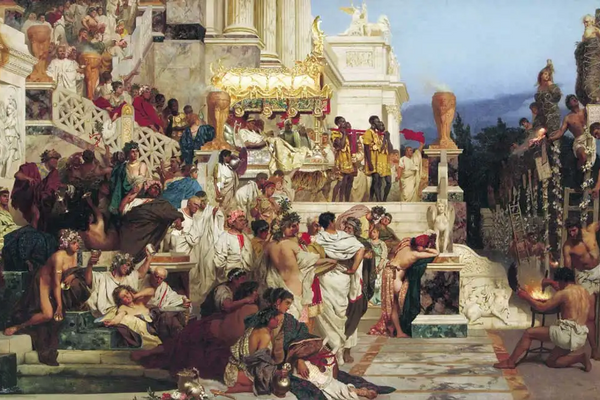Fall 2025

CLAS 804

GREK 823

LATN 811
Winter 2026

CLAS 823

GREK 820

LATN 812
Summer 2024 - More details to follow
CLAS 808: Archaeology Practicum I
CLAS 809: Archaeology Practicum II
CLAS 810: Archaeology Practicum III
More information about our graduate courses can be found in the School of Graduate Studies Academic Calendar.


